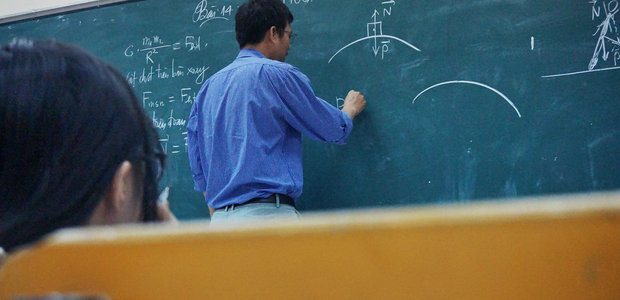
 WIDER Seminar Series
WIDER Seminar Series
Nicole Hassoun presents at the WIDER Seminar Series on 11 April 2024.
Measures of population health, like the Disability Adjusted Life Year (DALY), are important for health policy and planning. Some worry, however, that these measures discriminate against the disabled and elderly. This paper provides an analysis of the disability discrimination and age problems. Then, adapting a fixed-plus-variable framework proposed in welfare economics to the case of health measurement, it proposes a novel measure called the Ethically Adjusted Life Year (EALY) that avoids these problems.
The EALY satisfies three axioms delineating the importance of alleviating disability and extending life-years: Disability Monotonicity, Life Year Egalitarianism and Life Year Supremacy and can be adapted to satisfy a stronger axiom that precludes discrimination with respect to life saving interventions based on age: Life Egalitarianism. In one formulation, it can avoid discrimination against the disabled and elderly. It is different from, and has some advantages over some, alternative ways of avoiding discrimination. So, there is reason to consider using the EALY in measuring health burden and the impact of health interventions.
Nicole Hassoun is Research Director at the Helsinki Collegium for Advanced Studies, Professor at Binghamton University, and executive director of the Global Health Impact Organization. She has held visiting positions at Cornell University, the United Nation’s World Institute for Development Economics Research, the Center for Poverty Research in Austria, and the Center for Advanced Studies in Frankfurt. She is the author of Global Health Impact (Oxford University Press, 2020) and Globalization and Global Justice (Cambridge University Press, 2012) and has published widely in journals like the American Philosophical Quarterly, Journal of Development Economics, PLoS One, The European Journal of Philosophy, American Journal of Tropical Medicine and Hygiene, and The Australasian Journal of Philosophy.
The WIDER Seminar Series showcases the latest research on key topics in development economics. It provides a forum for senior and early-career researchers, both in-house and external, to present recent and ongoing work related to UNU-WIDER’s current work programme.
In addition to providing a forum for both academic debate and training, the series presents an opportunity for policymakers and others interested in development to learn about the latest research methods and findings.
The WIDER Seminar Series events take place on Wednesdays. All those interested are invited to register and attend via Zoom or in person.